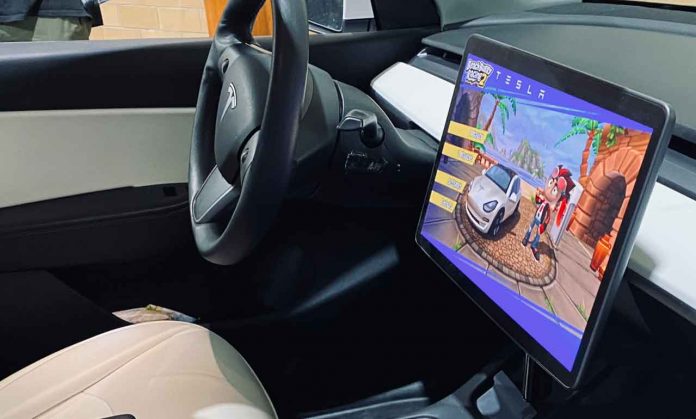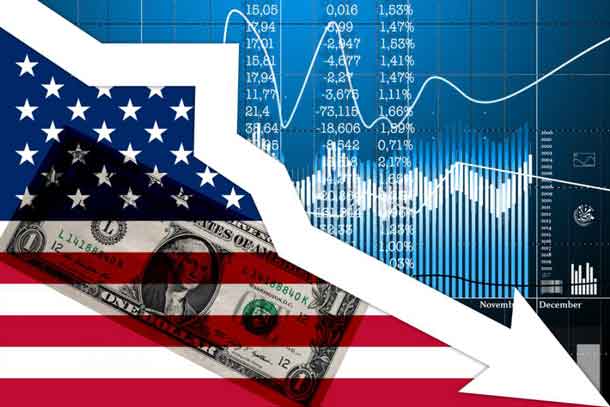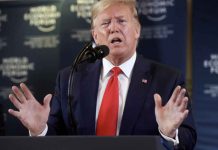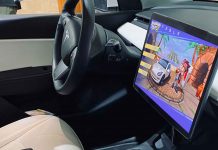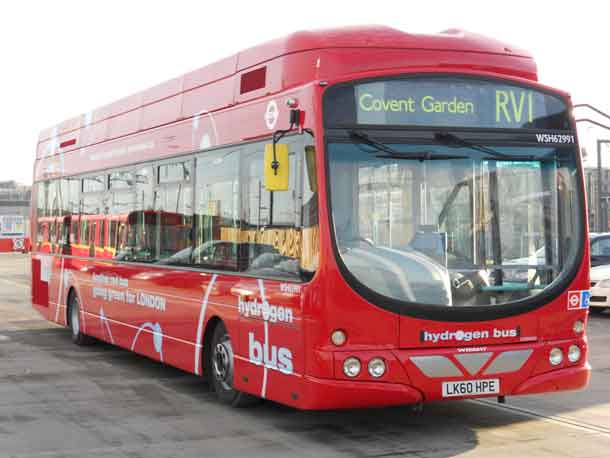Elon Musk’s politics are causing one in three Dutch Tesla owners to reconsider their loyalty, impacting Tesla’s brand
Tesla’s Appeal to Eco-Conscious Consumers
Elon Musk’s Tesla vehicles have long been synonymous with innovation, sustainability, and the future of electric vehicles (EVs). With a strong appeal to environmentally conscious buyers, Tesla positioned itself as a leader in the green automotive revolution, setting benchmarks for performance and design in the EV space.
However, the face of Tesla—Elon Musk—has increasingly polarized consumers, leading to questions about whether the brand’s pioneering spirit can remain untarnished by its CEO’s public image.
The Musk Factor: Asset or Liability?
Musk’s leadership has always been integral to Tesla’s identity. His reputation as a visionary and tech innovator has bolstered the company’s success.
However, his outspoken political stances, alignment with right-wing ideologies, and total support for controversial figures like United States President Donald J. Trump have the ability to reshape perceptions of Tesla, particularly among liberal and progressive consumers who once made up a significant portion of its base.
While Musk’s tenacity and unconventional methods drove Tesla’s meteoric rise, his recent political forays have turned his personal brand into a potential liability.
Dutch Tesla Owners Rethink Their Loyalty
A recent study by Dutch news outlet EenVandaag reveals that Musk’s polarizing image is causing one in three Tesla owners in the Netherlands to consider selling their vehicles.
The survey, which included feedback from 432 Tesla owners or lessees, highlighted the reasons behind this shift:
- Disillusionment with Musk: Many respondents expressed frustration with Musk’s behavior, claiming they would not have purchased a Tesla had they known more about his political leanings.
- Protests Against Musk: Some owners have even taken to placing anti-Musk stickers on their vehicles to distance themselves from the CEO’s controversial actions.
For half of the Tesla owners surveyed, Musk’s behavior has not impacted their feelings about their vehicles. A smaller segment (40%) continues to feel pride in owning a Tesla, choosing to separate the product from its creator.
Brand Diversification Challenges Tesla’s Dominance
Tesla’s identity has been deeply intertwined with Musk’s. His entrepreneurial flair helped solidify Tesla as a market leader, but as competition in the EV industry grows, brand loyalty is being tested.
With brands like Rivian, Lucid Motors, and traditional automakers entering the EV market, consumers now have diverse options. These competitors offer similar technology without the controversies surrounding Musk.
Conclusions: Uncertainty Ahead for Tesla
Elon Musk’s political affiliations and public persona may have created a divide among Tesla owners, particularly in environmentally conscious markets like the Netherlands. While Tesla remains a leader in the EV sector, the growing sentiment against Musk could have lasting implications for the brand.
For Tesla to maintain its dominance, it may need to address these concerns and potentially separate the brand’s image from its polarizing CEO.
In a world of increasing EV competition, Musk’s greatest challenge might not be advancing technology but preserving consumer trust.

